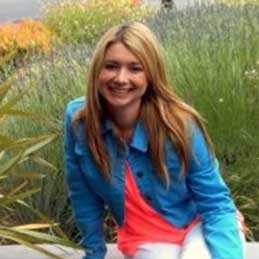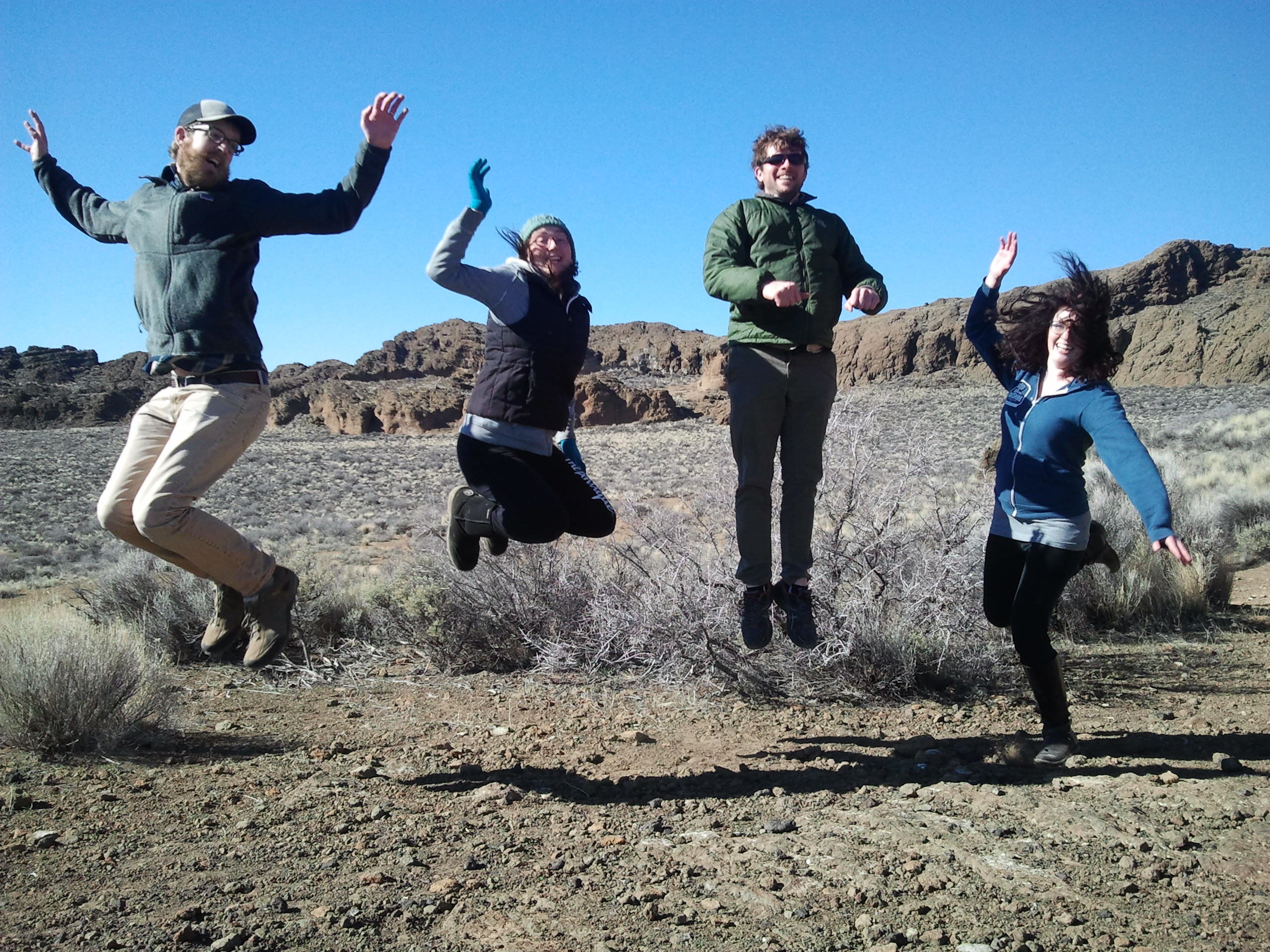Jumping into hazardous situations seems to be a common theme for me. I like to take on challenges and learn new things so joining this project on an unfamiliar subject of natural hazard planning was no different for me. This term, in Community Planning Workshop, I have had the pleasure of working on the Natural Hazard Code Review for Deschutes County. This project is a contracted project through the Community Service Center under the advisement of Michael Howard (Oregon Partnership for Disaster Resilience) and Robert Parker. I was very excited to join this project with my newfound interest in natural hazard planning and planning for communities to be resilient.
So what is resilience? Resilience is the ability to anticipate, absorb, adapt to and recover from disruptions. The first part to becoming resilient is to be able to anticipate disruptions and be prepared. Currently, Deschutes County contains 96% of its land in a wildfire hazard area and multiple rivers are determined by the National Flood Insurance Program to be special flood hazard zones. The County uses multiple measures to help mitigate risk in these hazard areas such as restriction of development structures in the floodplain, Project Wildfire, a non-regulatory program that works with residents and the community to help educate and mitigate against fire hazards, and also through regulation in their building and land development codes.
In this project for Deschutes County, we are reviewing the County Development Code in regards to flood and wildfire risk and determining options, either regulatory or non-regulatory programs, that could further help reduce risk to life and property from these hazards. We are collecting research from model ordinances, case studies and best practices to compare with current policies and programs in Deschutes County. We are discovering programs and policies that could increase flood and wildfire protection in subdivisions, destination resorts and single-family homes. We will then present these options to the Planning Commission to receive their feedback and eventually present our final report to the Board of County Commissioners in May.
Planning for natural hazard mitigation and resilience is both important and necessary to ensure protection of life and property. I am lucky to work with a wonderful group of team members who continue to remain passionate, determined and always with a sense of humor to keep our spirits high and our focus strong on achieving the best possible mitigation strategies for the County. While I am working towards helping this community become resilient in the face of natural disasters, I am becoming resilient myself with this new, challenging and immensely interesting project.
 About the Author: Erin Horan is a Master’s in Community Regional Planning student interested in sustainable design and active transportation. Originally from the San Francisco Bay Area, Erin received her Bachelor’s in Science degree in Business Administration with a Concentration in Finance. She worked for the City of Gilroy for three years in the Finance Department before deciding to pursue a career in Planning. During her free time Erin enjoys exploring the beautiful outdoors in the Pacific Northwest with her boyfriend, dog, and bike. She is also a San Francisco Giants and 49ers enthusiast!
About the Author: Erin Horan is a Master’s in Community Regional Planning student interested in sustainable design and active transportation. Originally from the San Francisco Bay Area, Erin received her Bachelor’s in Science degree in Business Administration with a Concentration in Finance. She worked for the City of Gilroy for three years in the Finance Department before deciding to pursue a career in Planning. During her free time Erin enjoys exploring the beautiful outdoors in the Pacific Northwest with her boyfriend, dog, and bike. She is also a San Francisco Giants and 49ers enthusiast!



